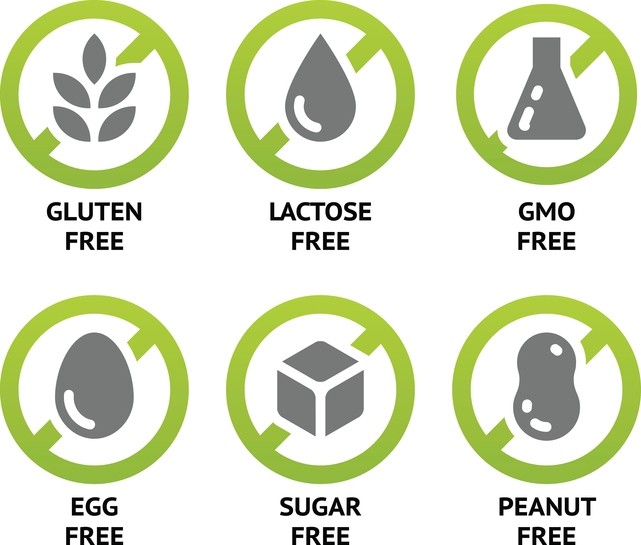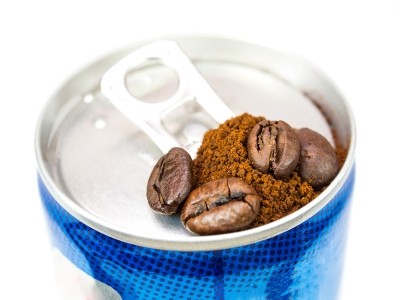Editor's Spotlight
Research revealed: Sports nutrition cleans up to appeal to the masses

The insights service has analysed the development of clean label claims in SN by analysing data from more than 4,000 best-selling products in the online retail channels across 20 countries in Q3 2018.
It also analyses online engagement with data from 752k post-purchase customer reviews and product scores with ingredients and claims on pack to highlight customer engagement and satisfaction.
The report reveals that 24% of those 4,000 products made at least one clean label claim, with 6% of them even having more than three claims.
Thomas Morgan, senior market analyst for Lumina Intelligence, says there is a hunger for clean label this category.
“There is a definite hunger for it in the market, and it’s about hitting the right place at the right time. Everyone is looking at plant-based right now, for its vegan, ethical and clean image, but for consumers it’s more than that – it’s about being clean through and through.”
Mass market appeal
Morgan says the more mass-market targeted product formats – such as powders and bars - have a larger presence of clean label claims on pack.
“In all ways they are trying to appeal to wider demographics, from becoming vegan friendly to using clean label claims.”
He adds that, as firms look to achieve a mass market appeal with pre-workout blends, they are likely to start reformulating to appeal to the clean label consumer.
“18% of pre-workout blends make a clean label claim, but this number is expected to rise within the next few years. By morphing their branding, from being workout specific to becoming general energy/nootropic supplements for any time of day, they are appealing to wider demographics, like e-gamers. They are embracing the RTD format to rival traditional energy drinks, now appearing on supermarket shelves.”
He adds that it will be much the same story with BCAA’s and clean label use will increase as brands look for differentiating factors.
Customer engagement
The report breaks down the clean label claims into those that are specialised for demographics with specific goals in mind such as BPA or MSG, and ‘broad claims’ which are those found across the wider food and drink markets eg. Artificial colours.
Those that have a specialised claim were found to achieve a far higher number of reviews that those with a broad claim and over twice the number of reviews than those with no clean label claim.
Morgan says the key reason for the difference in reviews for specialised claims is that specialised concerns includes banned substance claims; and the reason they do well is two-fold.
“Firstly, things like the informed choice label for consumers is more than just about banned substances – it about the ideas about quality, and knowing what you’re putting into your body.
“The weekend warriors of this world are super conscious of every ingredient they are putting into their bodies, so having claims about purity can alleviate some of their fears.
“Second, whilst it’s true sports nutrition is moving to a broader audience, it’s heartland is still the athlete and bodybuilder, who don’t want to be risking their medals and trophies on a failed urine test.”
He adds that whilst brands have plastered claims on products targeting a general audience, it’s actually the products targeting athletes where the widest variety of claims are doing well.
“There is an assumption that the average Joe and Jill bodybuilder only cares about getting jacked - but what’s actually coming across is that, relatively, these consumers are actually some of the most concerned about the contents of their products.”
However, he does add that the popularity of different types of claims change when you look at different product types and customer demographics.
Global trends
Canada, the USA and Australia top the charts for countries with the highest percentage of clean label SN products but trend is increasingly resonating with Asian consumers.
Morgan adds: “We expect clean label trends to move east in the space of the next 5-10 years, driven by the Olympics 2020 taking place in Japan, and concerns regarding banned substances; and as Gen-Z ages, concerns their parents raised them with shaping their later-life buying habits.”
Pushing up prices
The report shows that clean label products are priced on average 26% more per serving than products which don’t make a claim and China pays the most for a clean label on a SN product.
Morgan explains that the vast size of the SN market in the US has led to competition that has pushed prices down.
Lumina’s clean label series
The recent report forms part one of the clean label series, giving a broad overview on how broad audience and specialised concerns are forming in the space.
Part two to five of the series will expand on Naturals and No Additives; Sugar and Sweeteners; GMOs, Hormones, and Broader Chemical Worries; and No Banned Substances.








